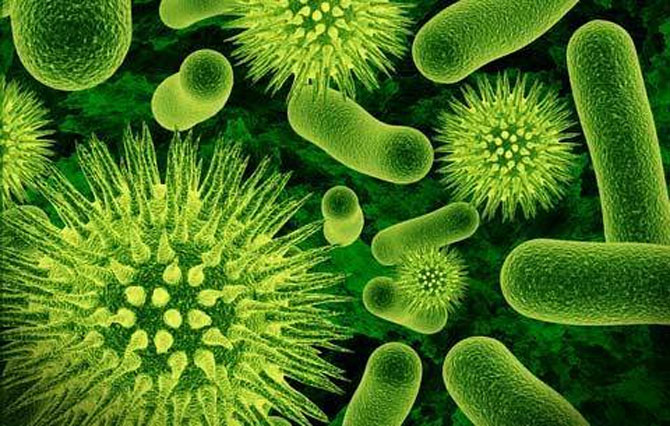How Estrogen Fights Urinary Tract Infections

The female hormone estrogen may protect against urinary tract infections in postmenopausal women by improving two of the body's defense mechanisms, a new study found.
The researchers looked at the effects of estrogen supplements in healthy postmenopausal women, and found that the hormone helped trigger the production of body's natural antimicrobial proteins in the bladder.
The hormone also strengthened urinary tract tissue by tightening the surface layer of the bladder cells, which protects the underlying cells from infection, according to the study published today (June 19) in the journal Science Translational Medicine.
Urinary tract infections (UTIs) are usually caused by E. coli bacteria, and are more common in women than men. Some patients suffer from recurrent infections that return every few months.
In postmenopausal women, the low levels of estrogen are thought to have a role in recurrent infections by causing changes in the urinary tract that make it more vulnerable to infection.
It is thought that using estrogen supplements, in the form of a low-dose cream applied to the vaginal area, may prevent recurring UTIs, said Dr. Margery Gass, the executive director for The North American Menopause Society and a gynecologist at Cleveland Clinic, who was not involved in the study. She noted that the percentage of women who develop recurrent UTIs after menopause is very small.
However, the mechanism by which estrogen reduces recurrent UTIs in some postmenopausal women is not well-understood, the researchers said.
Sign up for the Live Science daily newsletter now
Get the world’s most fascinating discoveries delivered straight to your inbox.
In the new study, 16 healthy postmenopausal women were given vaginal estrogen for two weeks. The researchers then examined the effects of estrogen by looking at participants’ urine, and cells of the bladder lining.
They found that in 12 participants, levels of antimicrobial proteins increased after the estrogen supplements.
Another defense strategy of the body is to shed the cells that have become infected with bacteria. However, this exposes underlying cells to bacteria, allowing the infection to progress. The researchers found that estrogen helped better connect the cells, and prevented excessive shedding.
But estrogen also acted as a "two-edged sword," and made it easier for the bacteria to invade the cells, according to the study.
"These findings together provide an explanation for the clinical effect of estrogen supplementation after menopause to prevent recurrent infections, as well as the high susceptibility of young women to UTI," the researchers wrote in their study.
The study showed the effects of estrogen on cells in the laboratory. In order to confirm the health benefits of estrogen supplements in people, in terms of reduced infections, further research is needed, the researchers said.
Generally, treating women with hormones after menopause, such as estrogen therapy or combined estrogen and progesterone therapy, has some benefits, but also risks. While it can provide short-term relief from menopause symptoms, it seems to increase the risk of certain cancers and heart problems.
Currently, the FDA advises menopausal women to use hormones for the shortest time and at the lowest dose possible, as the effects of hormones such as estrogen seem to depend on the dosage.
"Higher doses that treat hot flashes can increase the risk of blood clots, stroke and breast cancer," Gass said. "But with vaginal estrogen, since it's at very low doses, we believe that risks might be lower too," she said. Email Bahar Gholipour. Follow LiveScience @livescience, Facebook & Google+. Original article on LiveScience.com.











